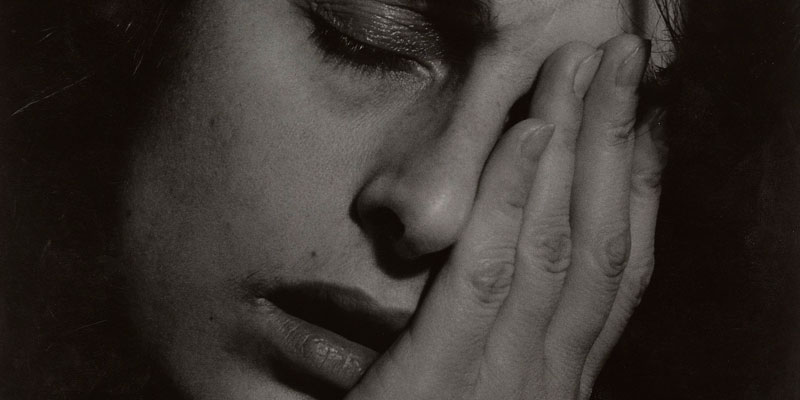Exhibition.02

Anna Magnani by Anna Magnani
Exhibition commissioned by Bernard Despomadères
The exhibition ANNA MAGNANI is homage to one of the most extraordinary presences in the History of Cinema. Few actresses (or actors) will have highlighted the screen in such an intense and unique way and generated such a consensual and passionate admiration. Her extensive filmography, with some of the most important filmmakers in the aforementioned history (De Sica, Rossellini, Visconti, Pasolini, Cukor or Renoir) 1, offers us not only intense and unforgettable characters but above all it reveals a way of making films: fair, truthful, generous.
Anna
Roma, 07 March 1908 – Roma, 26 September 1973.
How come you always insist on introducing me as if I were some kind of Electra, introvert, lonely and disillusioned? How many times do I have to tell you that I’m as happy as can be, that I laugh and jest, that being Anna Magnani amuses me so very much.
And why are you surprised that my house is tastefully furnished and filled with books? How many times do I have to explain that I wasn’t picked off the street, that I went to high school and studied piano for eight years and attended drama school?
The Actress
The best school for an actor is the stage. It takes courage to start as an extra, with small roles, from the bottom step of the ladder. I’m certain that for many of those who wish to pursue acting, the results would soon become clear if they did this invaluable apprenticeship. The truth is that today nobody wants to start by accepting low-paid jobs and following the most painful and ungrateful course, doing it the hard way. And yet it’s the only way. Everything else, including drama schools, leads nowhere and gives poor results.
I’m not, by occupation, an actress, I can only work well when I have the freedom to do what I want, like a writer when writing, or a painter when painting, because I cannot obey the technique, I need to invent, to create. And then I'm fed up with the eternal roles of woman of the people, shouty and hysterical.
I’m not the type of actress who just sits there like an object, who allows herself to be moved around like a glass on a table, or used as if she were a puppet or a robot. They can’t just tell me: Look to the right, move your arm, make a funny face. I want to be aware of everything I’m doing, I want to contribute to creating my character. I have something to say. I worked better with Rossellini than with any other director. Whenever he worked on a scene it always turned out as I would have shot if I’d been in his place. It was a formidable experience, a miracle. He materialized what I had in mind.
Rome, Open City (by Roberto Rossellini) was the most important film of my life. There was no rehearsing of the death scene. With Rossellini nothing was ever rehearsed or repeated: you just started filming, that's all. He knew that once the environment was right, I would suddenly click. During the search scene, when I went out through the front door, I suddenly saw things I’d seen before ... I went straight back to the times when the Germans were taking young lads by force off the streets of Rome. Because there were real people (in the film) lined up with their backs against the walls. And the Germans were real Germans, straight out of a prison camp. All of a sudden I wasn’t me anymore, you know? I mean, I was the character. Yes, Rossellini had done a marvelous job preparing that street. The women went pale when they heard the Nazis talking to each another again. And this has filled me with a sense of anguish that I managed to convey on the screen. It was terrible. Whoever would have expected to feel so deeply about it? And as I say, that system worked for me.
Anna by Rossellini
I loved Anna, so full of passion, vitality and a spirit so alive and caustic. Before becoming a movie star, with Rome, Open City, she had been a great theater and vaudeville actress, and her simple presence charmed everyone. Our relationship was violent, like everything else she did (...) when she filmed the fall scene, in Rome, Open City, she just fell as you do, without prudence, and was injured. She gave herself to what she did with total availability and here laid her extraordinary strength.
- Vitorio De Sica, Teresa Venerdì, 1941
- Roberto Rossellini, Roma Città Aperta, 1945
- Luchino Visconti, Bellissima, 1951
- Siamo Donne, 5º episódio, 1953
- Jean Renoir, Le Carosse d’ Or, 1952
- George Cukor, Wild is the wind, 1957
- Pier Paolo Pasolini, Mamma Roma, 1962
- Date: 30 July / 30 September
- Location: Museu de Cinema de Melgaço – Jean Loup Passek
